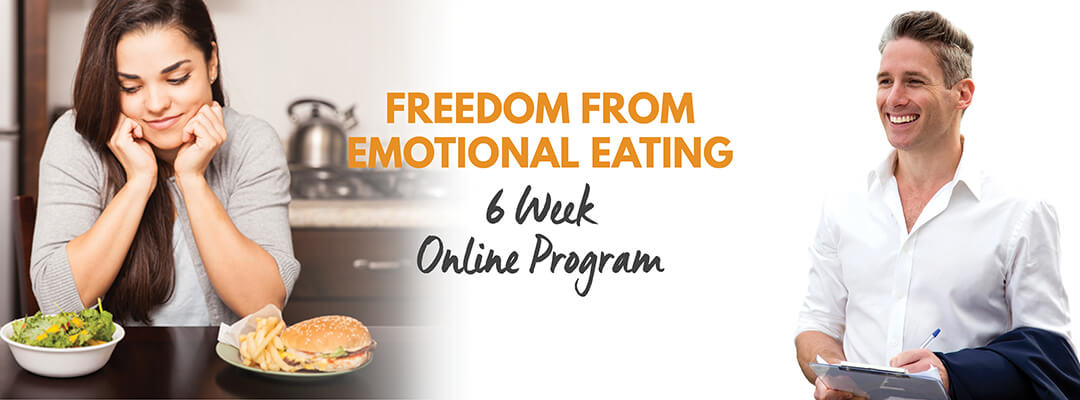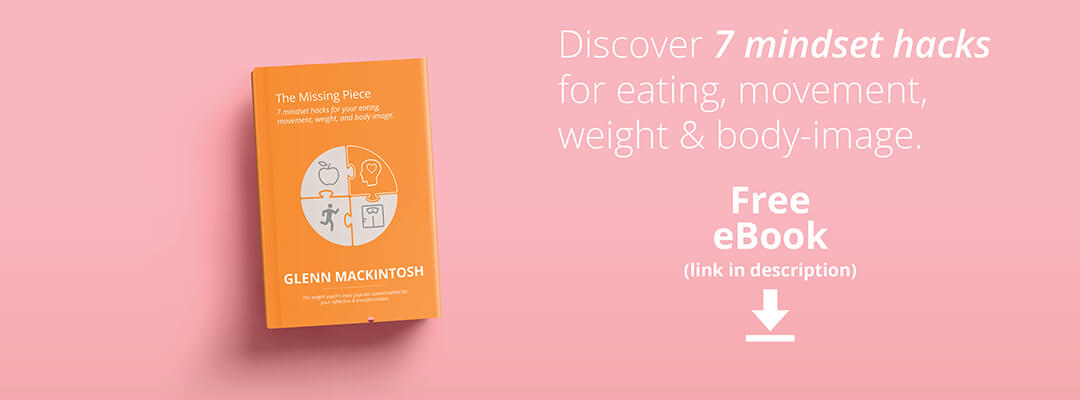
Let’s face it, emotional eating is not very fun*.
First, you start by feeling bad. And no one likes feeling bad. Your particular “bad” may be stress, frustration, sadness, loneliness, boredom, or some combination of the plethora of unpleasant feelings we naturally experience as human beings. No matter what you call the feelings, you don’t like them, and you want them to go away!
And for many of us, eating is a convenient, relatively cheap, and reasonably socially acceptable way of dealing with our feelings. It doesn’t sound like a bad way to go about it (especially compared with smoking, drinking, or drugs), and we may feel like our trigger foods are something reliable we can count on, something we need to get us through the day, friends even.
The trouble is, they’re false friends.
Emotional eating foods rarely do what they say they will. Research shows (and you already know) that emotional eating may reduce unpleasant feelings while we are eating – but shortly afterwards the feelings come back. But they’re not alone, you’ve reordered the original feelings, but with a side order of guilt.
Now you feel worse. You have just double dipped on your bad mood.
Eventually you will get over those feelings (thank goodness!), but when you keep emotionally eating you stay locked in a struggle with your weight. Whether you are following a non-dieting approach, doing bariatric surgery, or trying to lose weight through eating and exercise, emotional eating is a massive spanner in the works. The below table shows emotional eaters tend to weigh more, gain more weight over time, and yo-yo with their weight more than people who don’t emotionally eat.
And of course the weight worries make you feel even worse – triple dipping complete! And like actual triple dipping it makes you want to dip even more, and it can be challenging to pull yourself away from!
But there is hope. Over the next few weeks, I’m going to be emailing you about how you can free yourself from emotional eating, for good. In fact (while it’s not without effort) overcoming emotional eating can be easier than you think!
CLICK HERE TO READ THE NEXT ARTICLE
In the meantime, the first thing I want you to reflect on is what we’ve been discussing today – that emotional eating doesn’t work. While you may already know this, connecting with this understanding is a great first step to overcoming emotional eating. If you can recognise in real time that, no matter how you are feeling, the answer is probably not in the fridge, pantry, or local convenience store, you will have taken an important step. As I said at the beginning, we all want to feel better, and knowing what is not the answer will have your mind opening up to what may be!
I created this blog for people just like you.
If you found it valuable, please help me share it with them!
Free yourself from Emotional Eating forever.
Find out about our online program Freedom from Emotional Eating
* Let me define emotional eating as psychologists understand it: “An increase in food intake in response to negative emotions” (Spoor et. al. 2007). So we’re not talking about eating for pleasure, or just overeating out of habit, we’re talking about overeating to escape from, suppress, or otherwise reduce the unpleasant feelings of life.
Selected References:
Canetti, L, Berry, E.M., Elizur, Y (2009) Psychosocial predictors of weight loss and psychological adjustment following bariatric surgery and a weight loss program: The mediating effect of emotional eating. International Journal of Eating Disorders, 42(2) pp 109-117.
Foreyt, J. P., Brunner, R. L., & Goodrick, G.K., et. al. (1995). Psychological correlates of weight fluctuation. International Journal of Eating Disorders, 17 (3), 263-275.
Spoor, S. T., Bekker, M. H., van Strien, T., & van Heck, G. L. (2007). Relations between negative affect, coping, and emotional eating. Appetite, 48, 368–376.







